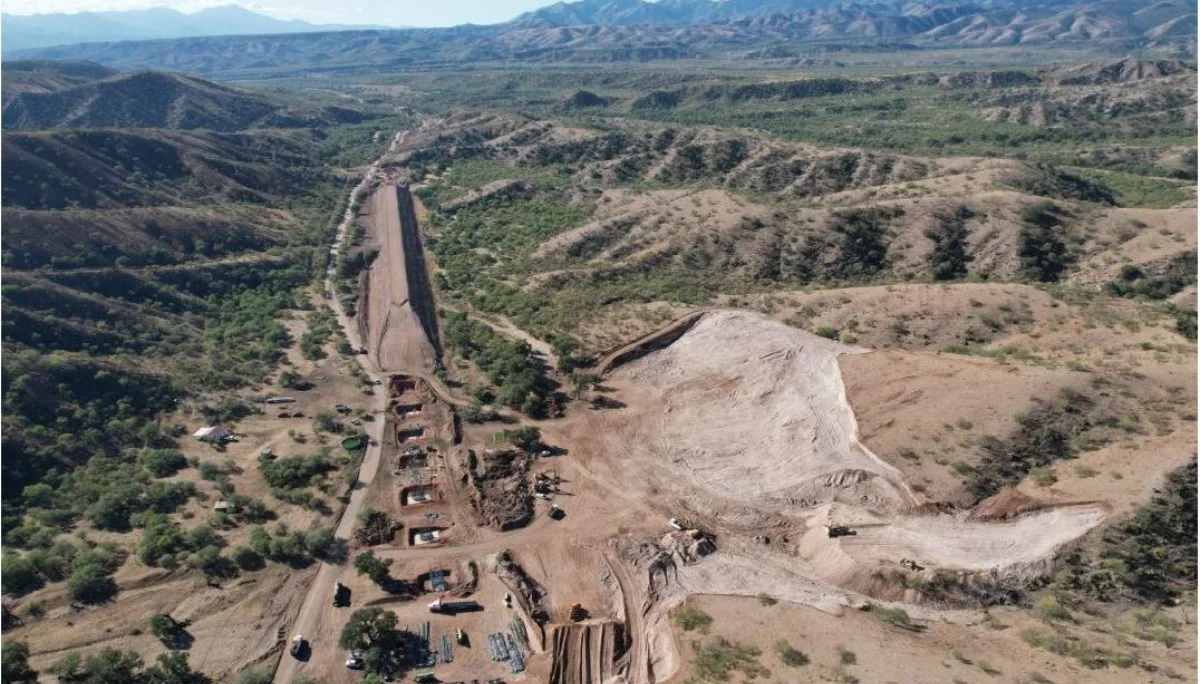Sonora Railway Project: CEC Secretariat recommends the preparation of a factual record pursuant to USMCA/CUSMA chapter 24
Tiohtià:ke (Montreal), 24 April 2025—The Secretariat of the Commission for Environmental Cooperation (CEC) has notified the Council and the USMCA/CUSMA Environment Committee that it recommends the preparation of a factual record to analyze whether environmental laws are being effectively enforced with regard to the preventive nature of the environmental impact assessment (EIA) procedure, the protection of protected natural areas (PNA), and access to environmental information in relation to a rail project to connect the municipalities of Ímuris, Santa Cruz, and Nogales in the state of Sonora, Mexico.
The submission SEM-24-003 (Sonora Railway Project), filed by the Center for Biological Diversity and Defensa Ambiental del Noroeste (“Submitters”), asserts that construction of the rail project did not undergo the EIA procedure in accordance with the law, and failed to comply with the preventive function of the environmental impact assessment. The Submitters state that even though the state of Sonora allegedly requested provisional authorization for the project, this type of administrative procedure does not exist in the applicable environmental law. They also allege a lack of transparency regarding the project’s environmental impacts and assert that the project would cross a PNA established as a voluntarily designated conservation area, contributing to habitat fragmentation in the region.
In its response, Mexico maintains that the submission did not meet all the eligibility requirements; it contends that the cited law does not constitute environmental law under the definition in the USMCA/CUSMA, and it notifies that the matter raised in the submission is the subject of a pending administrative proceeding. On these grounds, it asks the Secretariat to terminate its review of the submission. The Party asserts that the project did undergo environmental impact assessment in accordance with the established deadlines and the law in force at the time, and further indicates that the project does not cross a PNA—as the submission asserts—since the areas affected by the project’s route are no longer protected areas under the federal PNA system.
Having reviewed the Party’s response, the Secretariat finds that the submission warrants the preparation of a factual record with respect to implementation of the preventive approach to environmental impacts set out in the EIA procedure; information related to impacts on a PNA located on the project site; the process of canceling the certificates to protect this area, and the mechanism for access to environmental information in the context of the project’s execution.
The CEC Council members will now proceed to consider whether to instruct the Secretariat to prepare a factual record pursuant to USMCA/CUSMA Article 24.28(2).
For more detailed information, please visit the web page for submission SEM-24-003 (Sonora Railway Project) in the CEC’s Registry of Submissions.

The CEC SEM Process
The CEC Submissions on Enforcement Matters process supports public participation, information-sharing between governments and the public, and transparency and openness in the effective enforcement of environmental law in North America. If you have reason to believe that an environmental law is not being effectively enforced by Canada, Mexico or the United States, the SEM process may address your concerns.
As of 1 July 2020, the CEC’s SEM process is governed by USMCA Articles 24.27 and 24.28 of the Environment Chapter of the free trade agreement between Canada, Mexico and the United States (CUSMA, T-MEC, USMCA).
Want to learn more about the SEM process? Please watch this two-minute video for an introduction: